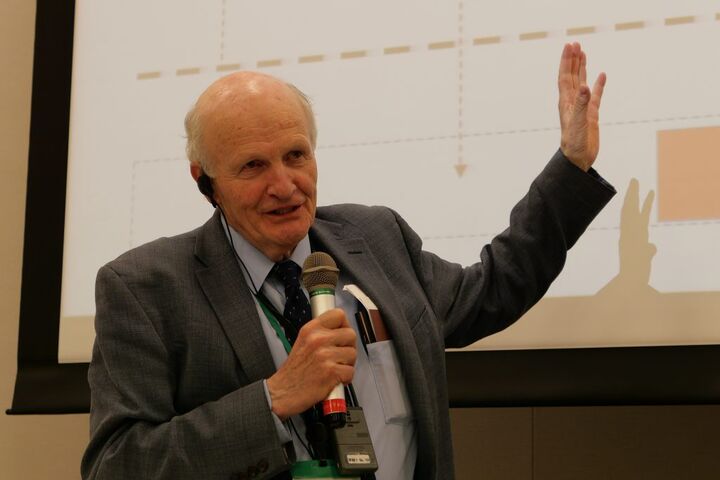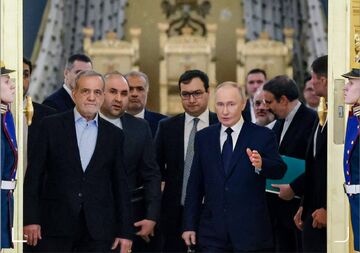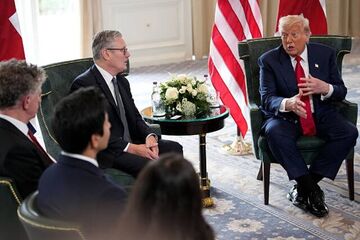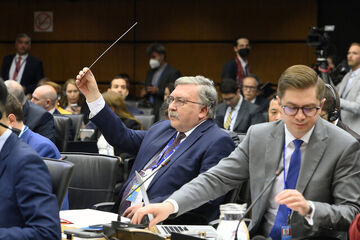TEHRAN(Bazaar) – Professor Frank N. von Hippel, former assistant director for national security in the White House Office of Science and Technology, says step-by-step return to the JCPOA might be necessary, but I hope we don’t have to settle for less for less as a final result.
He adds “US is split down the middle politically on the JCPOA.”
Following is the text of the Bazaar interview with Professor Frank N. von Hippel.
Bazaar: Recently, there was news about a change in the US nuclear negotiating team, and “Richard Nephew”, who is known as the designer of US sanctions against Iran, has left the team. Some see this change as a positive signal to Iran. What is your opinion?
Frank N. von Hippel: There have been some disagreements within the US team on how to react to Iran’s tough approach to the negotiations. I’m glad that President Biden is supporting those who wish to continue negotiating.
Bazaar: If we assume that these changes are a positive signal to Iran, will the Biden government be able to be safe from the consequences of the attacks of the Republicans and the opponents of the JCPOA? Will there be no action to break the agreement in Congress?
Frank N. von Hippel: As you know, the US is split down the middle politically on the JCPOA. I believe that Iran is as well. In Congress, it currently requires only ۴۰ of ۱۰۰ votes in the Senate to prevent Congress from overriding the President. When there was an attempt to override President Obama in ۲۰۱۵, ۴۱ Senators supported the President. At that time, Republicans controlled the Senate with ۵۴ members. Today the Senate is evenly split ۵۰-۵۰ with the Vice President casting the deciding vote. I do not think this Congress would overrule the President.
Bazaar: Iran has recently stated that it is willing to negotiate directly with the United States on nuclear issues if sanctions are lifted. Meanwhile, the United States has already called for direct talks with Iran. Will Iran's action at this stage increase the likelihood of an agreement?
Frank N. von Hippel: The fact that Iran has refused to negotiate directly with the United States has made the process much less efficient. Also, it is a sign of disrespect. I hope that direct discussions can resume.
Bazaar: The Qatari Foreign Minister will pay a short visit to Iran and the United States. Does this trip carry a message about the nuclear deal?
Frank N. von Hippel: I don’t think messages are necessary about the JCPOA but there are other regional Persian Gulf issues that the Foreign Minister could give his perspective on. There have been recent indications that Iran and the GCC countries have begun to talk about the issues that divide them (the war in Yemen, etc.). Perhaps the Foreign Minister might be reporting on that progress?
Bazaar: Meanwhile, Jake Sullivan recently met with Israeli officials to discuss an interim agreement with Iran, and White House Middle East Coordinator Brett McGregor said Iran and the United States were on the verge of a possible agreement to return to the JCPOA. And the Biden government is still focused on returning the nuclear deal and has no interest in a “less-for-less” interim deal. What is the reason for the Biden government's focus on the full revival of the JCPOA instead of the interim agreement (Iran had also rejected any interim agreement)?
Frank N. von Hippel: I have been thinking that a step-by-step return to the JCPOA might be necessary, but I hope we don’t have to settle for less for less as a final result.














نظر شما